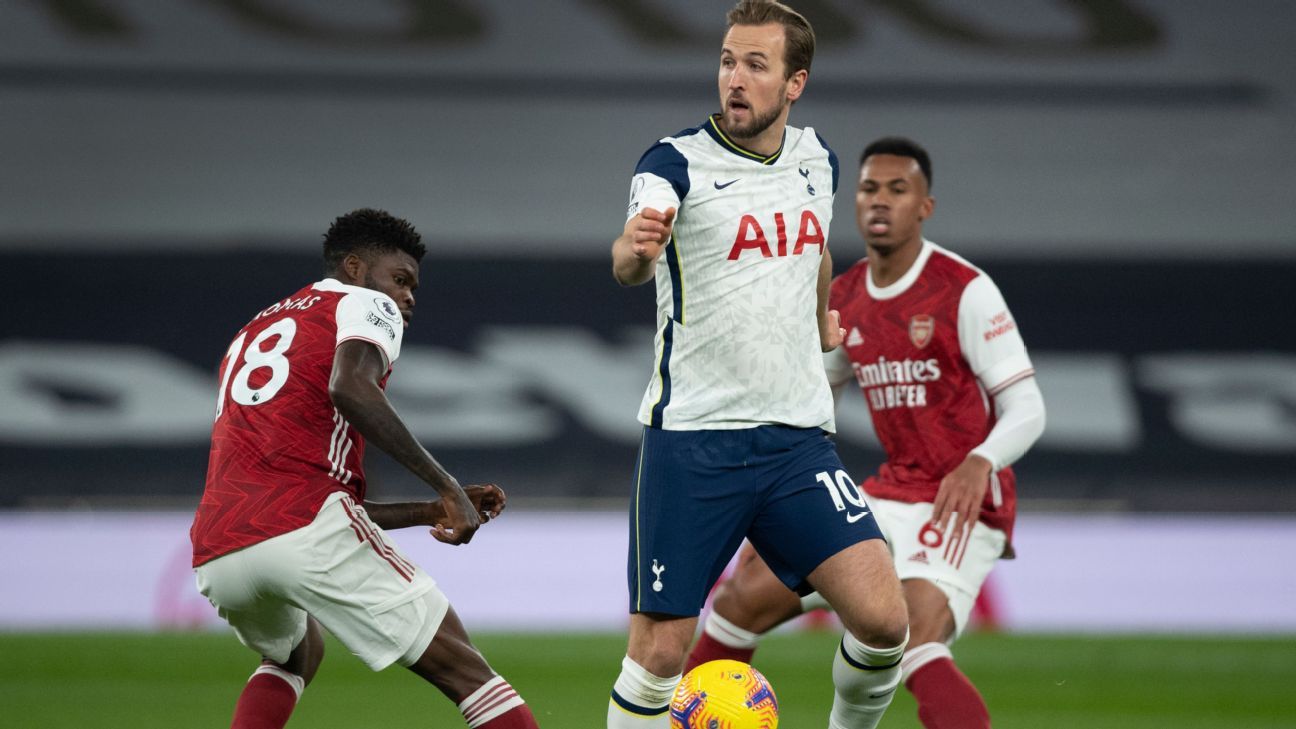
The aim was to prevent the use of taxes to cover the salaries of Premier League millionaires, however, despite these good intentions, some clubs would benefit
The British government made an important decision in November last year when has taken men’s football out of the £ 300m aid for the sport.
The aim was to prevent access to citizens’ taxes to pay the salaries of millionaires to Premier League players.
An interesting initiative a priori because it allowed them 340 million euros will go to several minority sports and that they were more affected by the pandemic than a football that continues to run more or less normally today.
However, despite these good intentions, some English clubs would benefit from aid to companies launched by the government during the pandemic.
The Covid Corporate Finance Facility (CCFF) is a A state-created instrument through which large companies can receive low-interest financing from the Bank of England.
As revealed by “Financial times“There are several teams that have successfully applied for this help. Arsenal received 120 million pounds (135 million euros) and Tottenham Hotspur 175 million (198 million euros). Despite the fact that they both left large sums of money in the market last summer, they were able to access this government aid.
Carlos Vinicius, Sergio Reguilón and Pierre-Emile Hojbjerg cost Tottenham around 50 million euros, only in transfer, not counting salaries, while Arsenal paid 75 million in the acquisition of Thomas Partey and Gabriel , in addition to the renewal of Pierre-Emerick Aubameyang and put a stratospheric salary on Willian.
Does this go against what the Government indicates? No, according to the parameters set by this grant. To access loans, you need to be a company that “makes a material contribution to the UK”, which is not an “investment vehicle” and is in a good financial position before the crisis, in addition to some minor requirements.
Everyone meets them, football clubs and even the English federation, which also requested a loan of 198 million euros to mitigate the blow of having to host competitions such as the FA Cup and the League Cup without an audience, as well as England’s international matches.
Interestingly, those who have left out or received less aid, were lower clubs, from categories such as Championship (second division) down, whose financial situation before the pandemic was not so dynamic.
This has led to complaints and their opinion that low-interest loans to clubs such as Arsenal and Tottenham Hotspur distort competition and make the gap between rich and poor in football even more pronounced.
And the fact is that while small clubs suffer the ravages of not being able to publish the public in stadiums, which means less marketing and food and drink sold, the big ones suffer millions in losses, on the one hand. at the same time. time I borrow from another.
According to a company report Deloitte published this week, Tottenham reduced its profit by 90 million euros in the last fiscal year due to the pandemic, while Tottenham’s slowdown was 57 million.
Data that shows the great pit that Premier League clubs are going through, affected by the reduction in television revenues and to which the Government stopped short by denying them the aid of 300 million, while allowing them to slip through the door of the Bank of England loan.